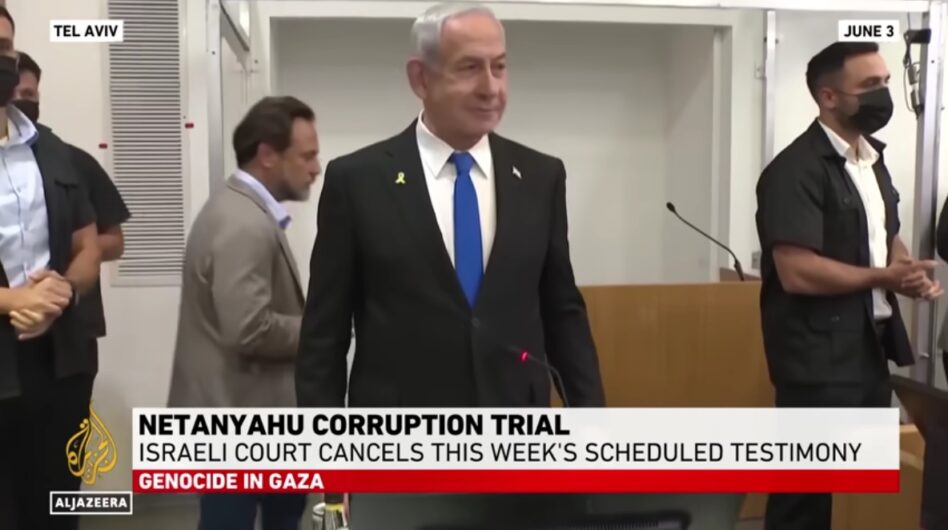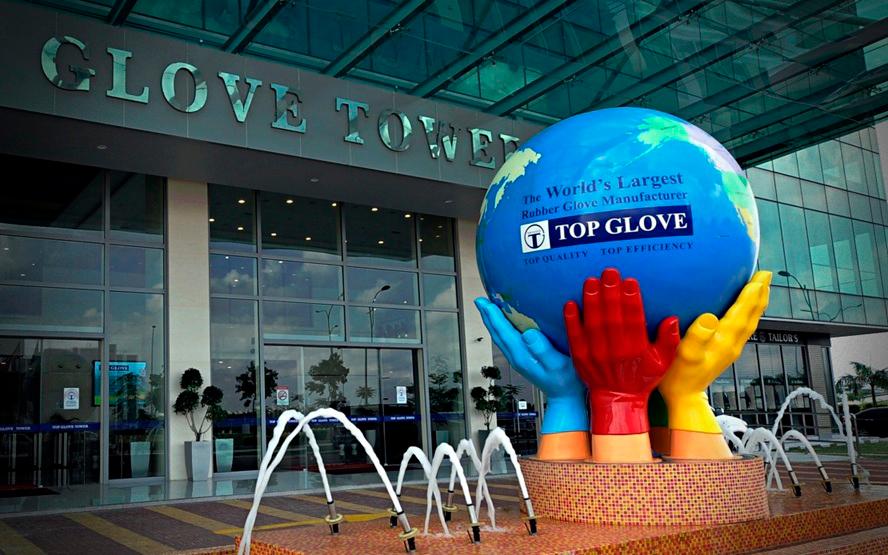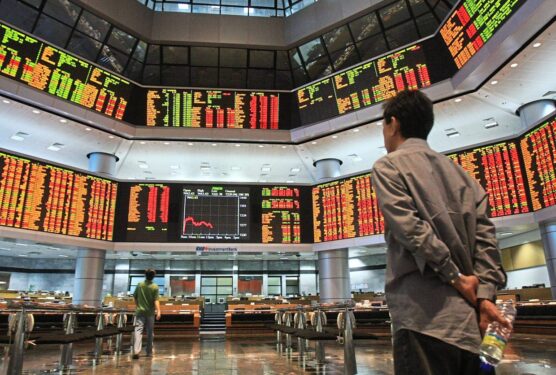AS Malaysia gears up for Visit Malaysia Year 2026, one would expect a Tourism, Arts and Culture Minister to bring fresh ideas and coherent strategies to the table.
Yet, Datuk Seri Tiong King Sing’s recent proposal to mandate a 23-hour minimum hotel stay feels less like a game-changer for tourism and more like a desperate move to appear proactive.
It’s starting to seem like Malaysia’s tourism policies might be heading towards kong kali kong – a lot of noise with little substance – a phrase so synonymous with the Sarawak politician (Bintulu MP).
Tiong’s suggestion that hotels nationwide should offer a minimum 23-hour stay may sound appealing at first glance but a closer look reveals just how impractical it is.
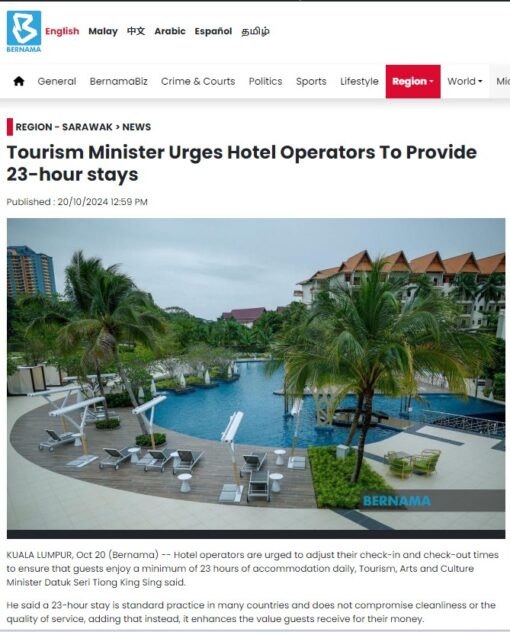
The Malaysian Hotel Association (MAH) and the Malaysian Hotel Owners Association (MAHO) have already voiced their concerns. They argue that extending check-out times would pose significant operational challenges, especially amid on-going labour shortages.
Hotels aren’t just struggling to find staff. They also face rising costs, including an imminent minimum wage increase next year as announced under Budget 2025 tabled last Friday (Oct 18).
Tiong’s response? He promises to “liaise” with other ministries to resolve the staffing issues – a vague assurance that’s far from a concrete solution.
‘Out of touch’
As we get closer to Visit Malaysia Year 2026, there’s a slew of areas that the Tourism Ministry can look into amid rising competition from neighbouring countries. But instead of looking into these, Tiong appears more interested in tweaking hotel check-out times.
His proposal not only comes across as a superficial attempt to give the appearance of action while avoiding the real problems that weigh down the industry. It also begs the question of whether Tiong has his finger on the pulse of the industry.
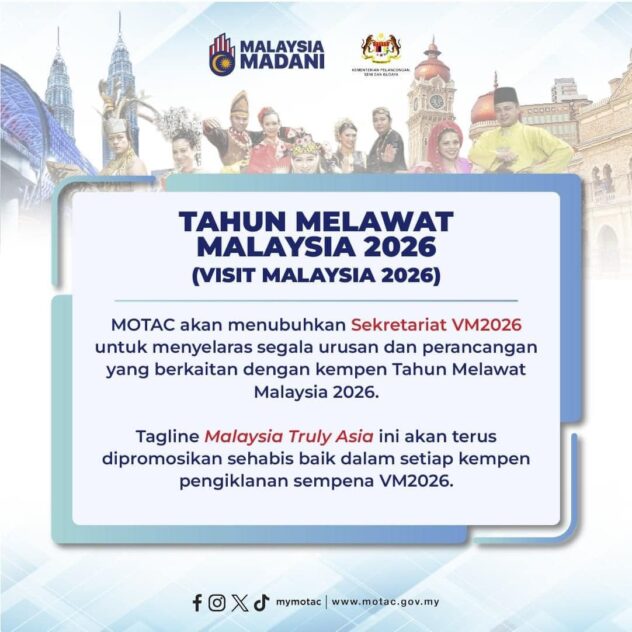
To hear Tiong say that the 23-hour stay is a “common practice” abroad, one can be forgiven for thinking that the Minister was out of touch with reality. Even MAHO’s executive director expressed curiosity about which foreign hotels follow this policy as a standard practice.
If this is truly common elsewhere, shouldn’t there be an abundance of successful case studies Tiong could cite to back up his proposal? Instead, we’re left wondering if he came up with the ill-conceived idea after one too many drinks, hoping that it might somehow fly under the radar as a legitimate tourism strategy.
Perhaps the most telling part of Tiong’s approach is his remark that hotels could solve all their problems by hiring more staff and that service quality would naturally improve.
But throwing more money at the staffing issue isn’t going to cut it, especially when room rates would inevitably have to increase to cover the additional wages. One wonders if Tiong understands the economics of the hospitality industry or if this is yet another kong kali kong moment.

It’s easy to throw out ideas that grab headlines – like giving tourists “good value” with longer stays – but the reality on the ground is far more complex.
This proposal risks becoming yet another addition to Tiong’s list of controversial moves that attract more criticism than applause like the commotion he caused at KLIA earlier this year.
As Visit Malaysia Year 2026 approaches, Tiong’s actions raise an uncomfortable question: Is he really the right person for the job? His proposals appear to lack a grounded understanding of the tourism landscape, veering off into impracticalities and distractions.
The Malaysian tourism industry needs leadership that can tackle real problems, not kong kali kong solutions that create more noise than results.
It’s time for Tiong to focus on substantive policies that can truly make a difference. Otherwise, the “Visit Malaysia” banner might as well read “Visit Anywhere Else”. – Oct 22, 2024
Main image credit: Media Rakyat/YouTube




